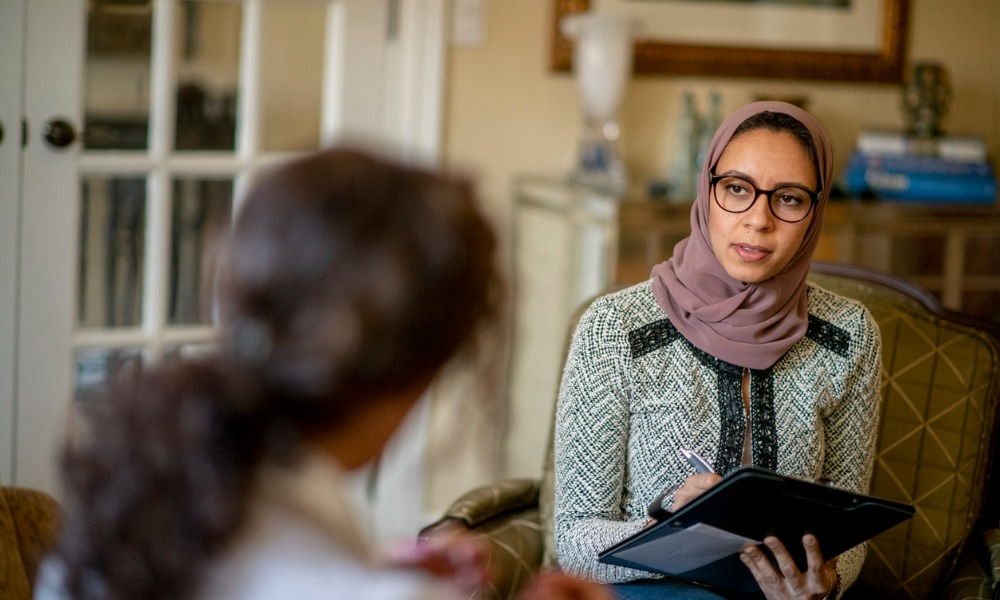Government offers $15,000 for a two-year return-in-service agreement

Prince Edward Island is hoping to get psychologists working in the province to support locals.
To do this, the government has launched a new Psychologist Incentive Program that will provide $15,000 for a two-year return-in-service agreement for psychologists signing on to work for Health PEI.
“Psychologists are in high demand in Prince Edward Island, and we are pleased to offer this new incentive program to bring even more of these highly qualified professionals to the province. Ensuring Islanders have access to the appropriate mental health supports where and when they need it most is a top priority,” said Ernie Hudson, minister of health and wellness.
The program is open to students in their final year, recent graduates of a recognized program such as a doctor of psychology, or experienced psychologists who meet minimum requirements.
In February 2020, P.E.I. launched a website to support the mental and emotional health of farmers and their families.
Mental health problems
Since then, the COVID-19 pandemic has hit the world, and it has had a significant impact on people’s mental health.
Nearly half (48 per cent) of Canadians reported needing some form of mental health support, according to a report released in November 2020.
In December 2020, the Canadian Mental Health Association (CMHA) reported that 10 per cent of Canadians are experiencing recent thoughts or feelings of suicide.
And even workers catering to people’s essential needs have not been spared. Over seven in 10 (71 per cent) Ontario registered practical nurses (RPN) indicated experiencing a breaking point related to their job, according to a separate study.
Among health care professionals, “there's a lot of isolation that occurs,” said Tim Rice, CEO, The Rounds. “It’s very difficult for a healthcare [professional] or a physician to broach the subject with a peer. So I think physicians feel isolated when they experience any kind of mental health issue, depression or are approaching burnout.”
Also, 71 per cent of informal caregivers in Canada are feeling more burnout than ever.
“As a front-line psychologist closely involved with recruitment, I have witnessed the fierce competition for doctoral level psychologist throughout Canada and the US. We need many tools available to attract today's top candidates,” said Dr. Jaqueline Goodwin, chief of Health PEI Psychology Group. “This new investment certainly signals we are committed to bringing more psychologists into our health system in order to benefit the care of Islanders.”
Long-term system-wide response
It is likely that COVID-19’s impact on people’s mental health will be serious and long-lasting, with certain people at greater risk of developing more severe mental health difficulties, according to CAMH.
And “this will put additional strain on a mental health system where demand for care has outweighed supply for years,” it said.
“Therefore, a long-term system-wide response is needed. This response must include a range of mental health resources, supports and care; support for new models of mental health service delivery; involvement of employers and workplaces; upstream investments in the social determinants of health; and a public health approach to alcohol policy.
The federal government, Manitoba, Saskatchewan and Ontario have announced major investments for Canadians’ mental health needs.





